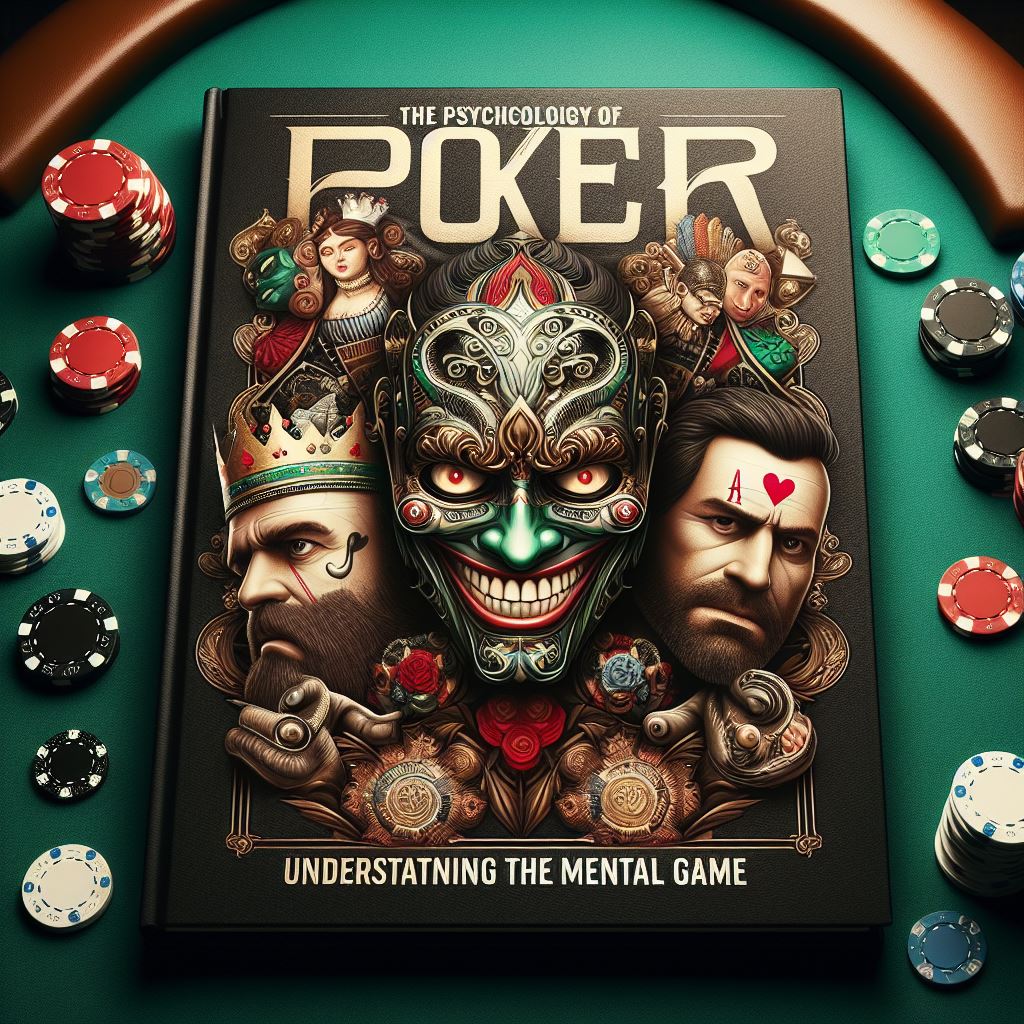Poker is often seen as a battleground not just of cards and chips, but of wits and wills. The psychological dimension of poker can be as demanding as the technical aspects of the game. Players who excel in the mental aspects can dominate those with comparable or even superior technical skills. Understanding the Mental Game Here we delve into the key psychological elements that are essential for mastering poker.
1. Understanding Emotional Control
One of the first psychological hurdles a poker player must overcome is emotional control. The ability to manage emotions, particularly after experiencing bad beats or big wins, Understanding the Mental Game is crucial. This skill, often referred to as maintaining your “poker face,” involves controlling physical reactions as well as emotional responses to avoid giving clues about the strength of your hand.
2. The Concept of Tilt
Tilt is a poker term that describes a breakdown in strategy due to emotional stress, leading to irrational and sub-optimal play. Players on tilt are often aggressive, reckless, and make poor decisions. Recognizing the signs of tilt in yourself and others can significantly impact your strategy and success at the table.
3. Developing Mental Toughness
Mental toughness in poker means maintaining focus, discipline, and resilience no matter the situation at the table. It involves playing each hand to the best of your ability, regardless of previous outcomes. This toughness also helps players endure the variance inherent in poker, allowing them to stick to their strategies even during downswings.
4. Psychological Warfare
Poker is not just played on the felt but in the minds of the players. Psychological warfare can involve bluffing, manipulating opponents, or using table talk to unsettle or mislead others about one’s intentions. Mastering these aspects can provide a significant edge in games, especially against less experienced players.
5. The Importance of Self-Reflection
Successful poker players constantly analyze their play, not just from a strategic perspective but also to understand their psychological tendencies. This introspection helps identify personal biases and emotional triggers that could affect decision making. By understanding oneself, a player can start to predict and manipulate the responses of opponents.
6. Reading and Manipulating Opponents
A key aspect of poker psychology is the ability to read opponents. This includes recognizing patterns in behavior, interpreting body language, and understanding bet sizing as reflections of hand strength. Skilled players use this information to manipulate opponents into making mistakes such as folding a winning hand or calling when beaten.
7. Stress Management
The ability to manage stress effectively correlates strongly with poker success. High levels of stress can impair judgment, reduce focus, and lead to physical health issues that might hamper long-term performance. Techniques such as deep breathing, meditation, and even physical exercise can be used to manage stress levels before and during poker sessions.
8. Strategic Flexibility
Adaptability is a critical psychological skill in poker. The best players adjust their strategies based on the flow of the game and the behavior of their opponents. Being too rigid in one’s approach can be exploited by adaptive opponents. Flexibility also involves adjusting one’s mental approach—switching between aggressive and passive plays as the situation demands.
9. Harnessing the Power of Observation
Great poker players are not just thinkers; they are keen observers. Beyond watching the hands, observing downtime behavior, reactions to wins and losses, and interactions with other players can provide insights into an opponent’s mind. Harnessing this observational power can turn seemingly innocuous information into a potent tactical advantage.
Conclusion
Understanding and mastering the psychological aspects of poker can elevate a player’s game beyond mere technical skill. Emotional control, mental toughness, psychological manipulation, and strategic flexibility are all facets of the mental game that, when developed, can help turn a competent poker player into a formidable one at any table.










